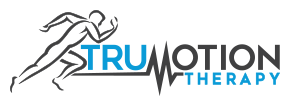December 5th, 2017
Found in the mountains of Austria, Otzi ‚ÄúThe Iceman‚ÄĚ was well preserved for a 5,300 year old corpse. ¬†What set Otzi apart from other ice-preserved bodies were the tattoos he had inked all over his body.
Those studying The Iceman found the tattoos corresponded to traditional Chinese acupuncture points.  An autopsy of the body revealed Otzi probably suffered from arthritis in the knees and low back, and the acupuncture points sketched onto his skin would have been used to treat those conditions.  Interestingly, Otzi was found 2000 years before and thousands of miles from when and where acupuncture was thought to be developed.
ACUPUNCTURE
Acupuncture, invented by the ancient Chinese, is one of the oldest forms of healthcare.  It is based on the idea that the body contains a vital life force call Qi (pronounced ch-ee), and any imbalance in Qi is the root of illness and ailments.  An acupuncture treatment seeks to restore a balance in Qi by inserting thin microfilament needles into specific points on the body.  These points are called acupuncture points and they are thought to contain higher concentrations of Qi than anywhere else.  Meridians, channels that run throughout the body connecting acupuncture points, direct the flow of Qi.
Think of meridians like the plumbing in your house.  If there is a blockage in a pipe under your garage you may not get water in your bathroom sink until you address the point of blockage.  Acupuncture works in a similar way by addressing acupuncture points far from the area of complaint.  Treating a headache may involve inserting needles in the leg for instance.
DRY NEEDLING
From its origin to its use in the clinic today, dry needling follows a different path than acupuncture. ¬†There are various methods of dry needling, but I will limit our discussion to that of trigger point dry needling. ¬†Trigger points are taught bands of muscle fibers that can cause muscle soreness. ¬†In an attempt to eliminate trigger points in their patients, doctors in the 1950s injected these taught bands with saline solution using a hypodermic needle. ¬†You could call this ‚Äúwet needling.‚ÄĚ This seemed to work quite well, but doctors soon realized inserting the needle without injecting saline solution worked to relax the muscle all the same. ¬†By substituting hypodermic needles for acupuncture needles dry needling was born.
THE DIFFERENCE
Acupuncturists claim to treat a variety of issues ranging from internal disorders like irritable bowel syndrome to musculoskeletal problems like low back pain by balancing Qi.  Dry needling practitioners tend to limit their treatments to musculoskeletal disorders by reducing muscular tension and influencing neurological function.  These are generalizations that certainly do not apply to all acupuncturists or dry needle practitioners.
Depending on the state, there are several professions that can be licensed in acupuncture and dry needling including chiropractors, physical therapists, and medical doctors.  None of these professions can call themselves acupuncturists.  That titled is designated for individuals who have been to acupuncture school.
A needle inserted in the body has the same physiologic affect whether it’s done by an acupuncturist or a dry needle practitioner. ¬†The effectiveness of the treatment is determined by the competency of the clinician. As the western understanding of acupuncture increases, new methods of needling are developed and a fusion of the two schools of thought is developing. ¬†This fusion involves appreciating the connectedness of the body via neurology and fascial chains as apposed to a vital life force. ¬†That is a rabbit hole that goes beyond the scope of this post, but it is pretty cool stuff that deserves its own article in the future.
To experience the benefits of acupuncture or dry needling first hand, schedule a visit and we will see if it’s the right fit for you! ¬†(980) 819-5818.





